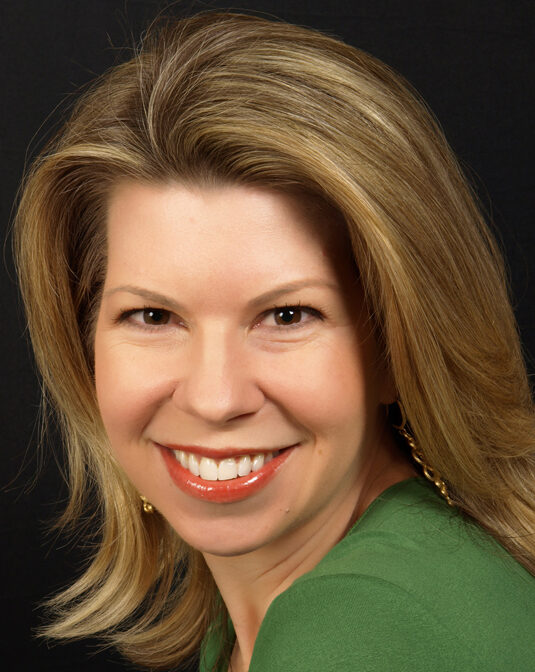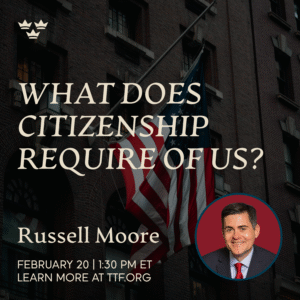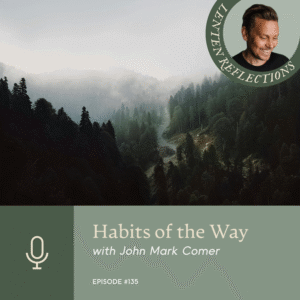Reimagination and Repair: Creativity for the Life of the World, with Sho Baraka
May 14, 2021
Overview
Speakers
-
 SHA BARAKA
SHA BARAKA -
 CHERIE HARDER
CHERIE HARDER
SHARE

